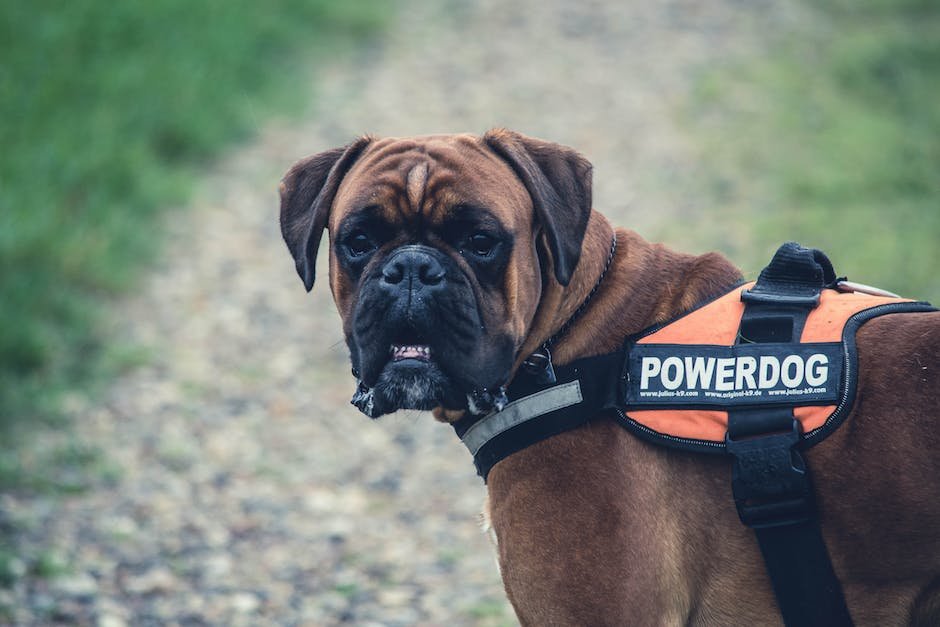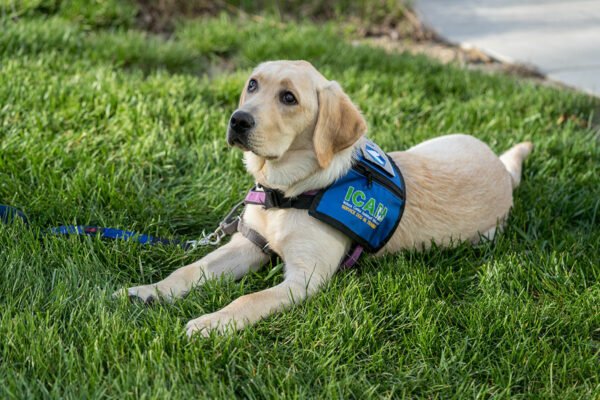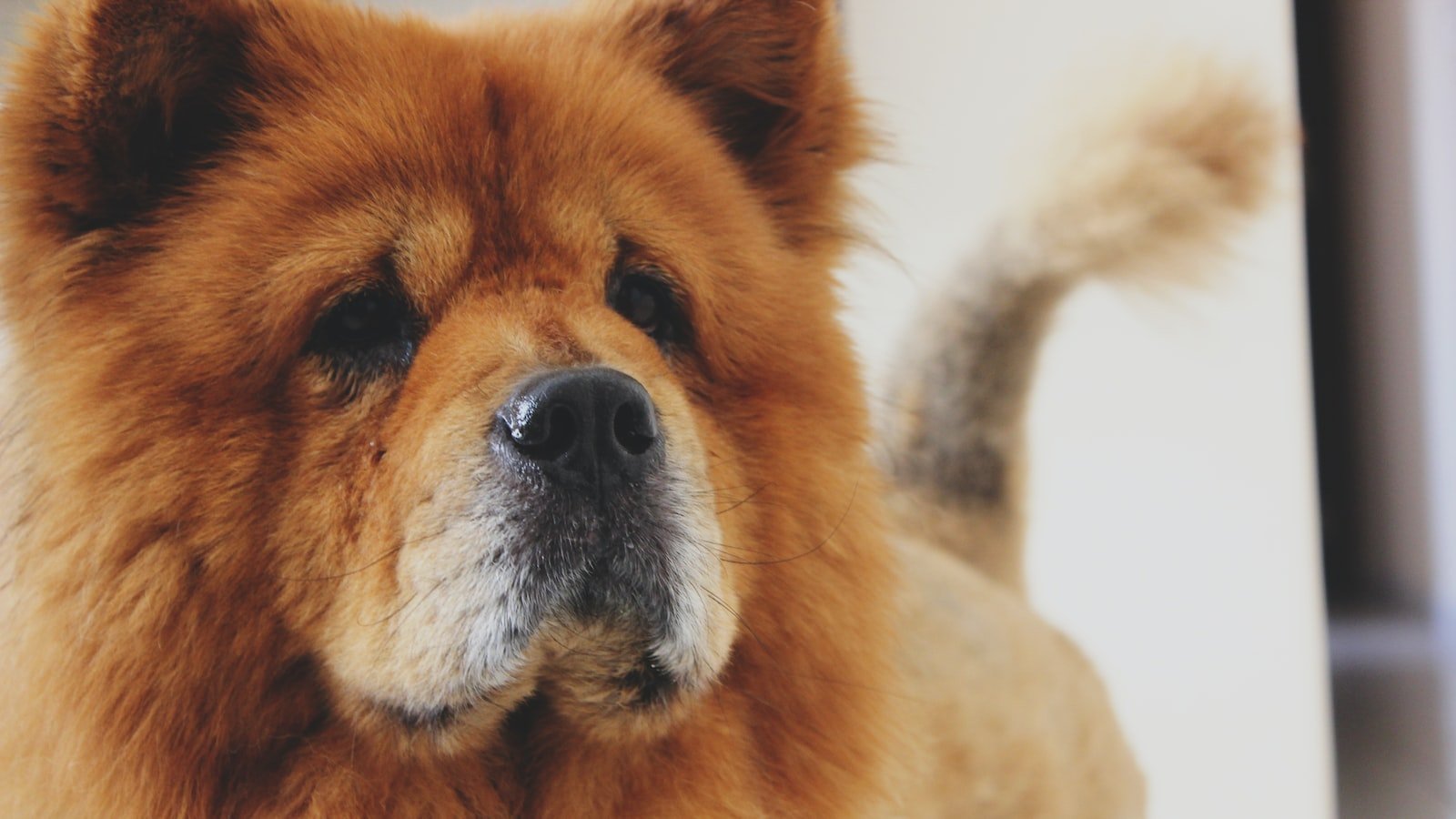
How to Train a Dog for Hospital Comfort Visits
Dogs have an incredible ability to provide comfort and companionship to those in need, especially in hospitals. With a combination of patience, positive reinforcement, and basic obedience training, you can transform your furry friend into a certified therapy dog, bringing smiles and joy to patients and their families during challenging times.

How to Train a Dog for Allergy Detection
Dogs are no longer just man's best friend, but also allergy detectives! Training your furry companion to sniff out allergens can greatly improve the quality of life for individuals with severe allergies, with their exceptional scent detection abilities. Harness the power of your pooch's keen nose and embark on an exciting journey of allergy detection training.

The Importance of Public Access Training for Service Dogs
Public access training is not just a luxury for service dogs, it is a necessity. In an article by [Author], the importance of this training is highlighted, emphasizing how it allows these incredible canines to navigate the world with confidence and provide invaluable support to their handlers.

How to Train a Dog for Fire Rescue
Training a dog for fire rescue is no easy task, but with patience and dedication, it can be accomplished. From teaching them to detect and navigate through smoke to familiarizing them with rescue equipment, these courageous canines are the unsung heroes of our firefighting teams.

Search & Rescue Dog Training
Bound by a shared purpose, Search & Rescue dog teams embark on a noble mission to find and save lives. Trained in resilience, agility, and unparalleled scent recognition, these four-legged heroes truly embody the power of determination and compassion.

The Role of Stamina in Search & Rescue Dog Training
As search and rescue dogs tirelessly navigate treacherous terrains, their stamina becomes a vital attribute in fulfilling their life-saving duties. From tracking scents to enduring long hours of intense physical activity, these remarkable canines exemplify the true meaning of dedication and endurance in their quest to save lives.

How to Train a Dog for Livestock Herding
A well-trained dog in the field of livestock herding can be a rancher's best friend. From understanding basic commands to developing instincts for working with different animals, this article explores the creative ways in which you can train your dog to become an effective herder.

Autism Service Dogs: Specialized Training Techniques
Autism service dogs undergo rigorous training to become invaluable companions to individuals on the spectrum. Their specialized techniques include teaching a dog to detect and respond to sensory overload, offering emotional support, and promoting social interactions.

The Role of Obedience in Service Dog Training
Whether they are guiding the visually impaired or providing support to individuals with disabilities, service dogs play a crucial role in society. Obedience is a vital aspect of their training, allowing them to perform their duties effectively and reliably, making a significant impact on the lives of their handlers.

How to Train a Dog for Earthquake Search & Rescue
In the face of adversity, dogs can serve as invaluable partners in earthquake search and rescue missions. From teaching them to navigate through debris to locating survivors, this article highlights the creative techniques used to train these four-legged heroes for their crucial role.

How to Train a Dog for Water Rescue Missions
As the sun glistens on the tranquil waves, the bond between man and his loyal companion deepens. In this article, we delve into the art of training dogs for water rescue missions, exploring the techniques that transform them into courageous heroes ready to dive into the unknown and save lives.
